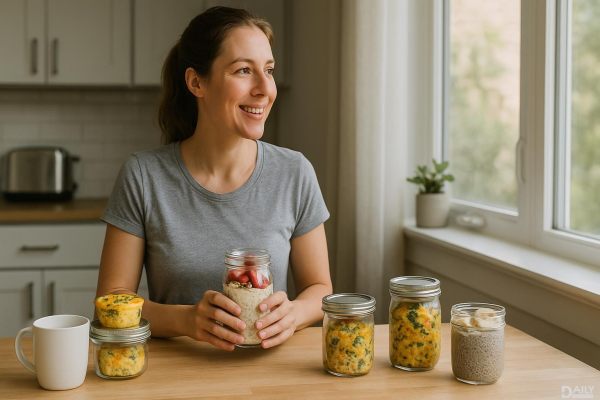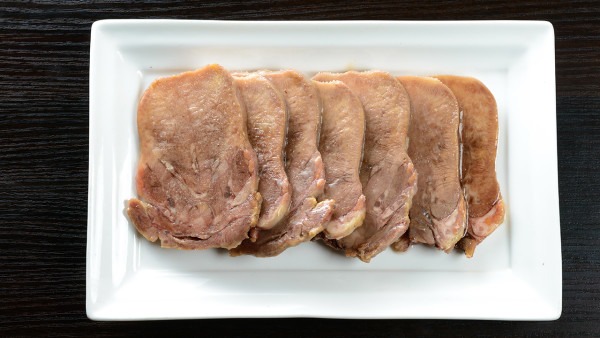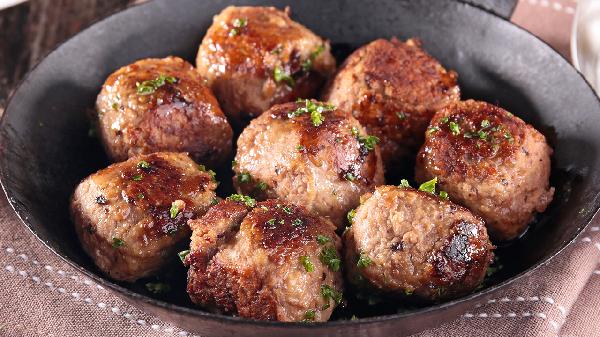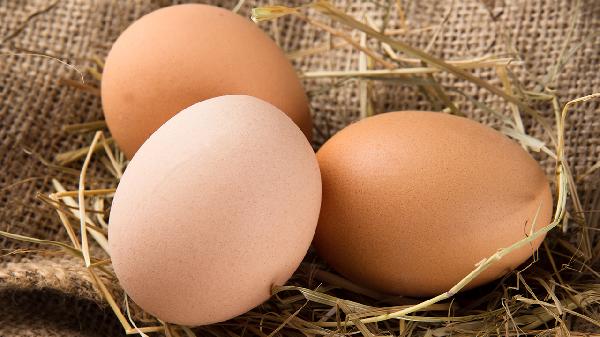Magnesium is one of those unsung heroes in the nutrition world—overshadowed by flashier nutrients like vitamin C or protein, yet quietly running the show behind the scenes. It’s involved in over 300 biochemical reactions in your body, from keeping your heartbeat steady to helping your muscles relax after a workout. But despite its VIP status, most of us aren’t getting enough. The good news? Fixing a magnesium gap doesn’t require chugging chalky supplements or overhauling your diet. A handful of almonds here, a square of dark chocolate there, and you’re golden.
Why Magnesium Matters More Than You Think
Think of magnesium as your body’s backstage crew—it doesn’t get the spotlight, but without it, the whole production falls apart. It helps convert food into energy, regulates neurotransmitters (so you’re not a zombie by 3 p.m.), and even plays bouncer for calcium, making sure it doesn’t overstay its welcome in your muscles and cause cramps. Low levels? That’s when things get messy. You might notice twitchy eyelids, restless legs at night, or a general sense of being wired but tired. And if you’re chronically stressed or love your morning coffee a little too much, you’re burning through magnesium faster than a Netflix binge session.
Magnesium-Rich Foods That Don’t Taste Like Cardboard
Forget forcing down bland supplements. These foods make hitting your magnesium quota delicious—or at least bearable:
Dark Chocolate (The Guilt-Free Pass)
Yes, your “need” for chocolate might actually be your body’s way of saying, “Hey, we’re low on magnesium.” A single ounce of dark chocolate (70% cacao or higher) delivers 65 mg—about 15% of your daily needs. Pair it with almonds for a double whammy, and suddenly your 3 p.m. snack is a strategic health move.
Pumpkin Seeds (The Crunchy Powerhouse)
These aren’t just for Halloween carvings. A quarter-cup of pumpkin seeds packs nearly half your daily magnesium. Toast them with a pinch of sea salt, toss ’em on salads, or eat by the handful when PMS cravings hit. Bonus: They’re also loaded with zinc, which helps keep breakouts and sniffles at bay.
Spinach (The Undercover MVP)
Popeye was onto something. One cup of cooked spinach serves up 157 mg of magnesium—that’s 37% of your daily dose. Not into soggy greens? Blend it into smoothies (banana + spinach + almond butter hides it well), or sauté with garlic for a side dish that doesn’t taste like punishment.
When Food Isn’t Enough: The Supplement Lowdown
If you’re dealing with chronic stress, digestive issues (like IBS), or just live on espresso, you might need backup. But not all supplements are created equal. Magnesium citrate is great for constipation relief (you’ve been warned), while glycinate is the chill cousin that helps with sleep and anxiety. Avoid oxide—it’s cheap but about as absorbent as a raincoat. Pro tip: Take magnesium at night. It helps relax your nervous system, and for some people, it can lead to vivid dreams (free entertainment).
The Sneaky Stuff Draining Your Magnesium
You could be eating all the right foods and still come up short. Here’s why:
Stress (The Silent Thief)
Every time you panic over a work email or rage-scroll through news headlines, your body burns through magnesium to pump out stress hormones. It’s like running a marathon without moving—exhausting and wasteful. Meditation, walks, or even 5 minutes of deep breathing can help slow the drain.
Your Belly’s Best Friend (Or Worst Enemy)
Gut health dictates how well you absorb magnesium. If you’re popping antacids like candy or have a history of digestive drama (looking at you, gluten-sensitive folks), you might not be absorbing much from food. Probiotics and bone broth can help repair your gut lining—think of it as patching holes in a leaky bucket.
Workout Warriors, Listen Up
Sweating it out in spin class? You’re losing magnesium through sweat. Electrolyte drinks with magnesium (check labels—many only have sodium and potassium) or an Epsom salt bath post-workout can help replenish what you’ve lost.
Magnesium isn’t a magic bullet, but it’s pretty close. Whether you’re tweaking your diet, adding a supplement, or just trying to stress less, small changes add up. And if all else fails, there’s always dark chocolate.
























